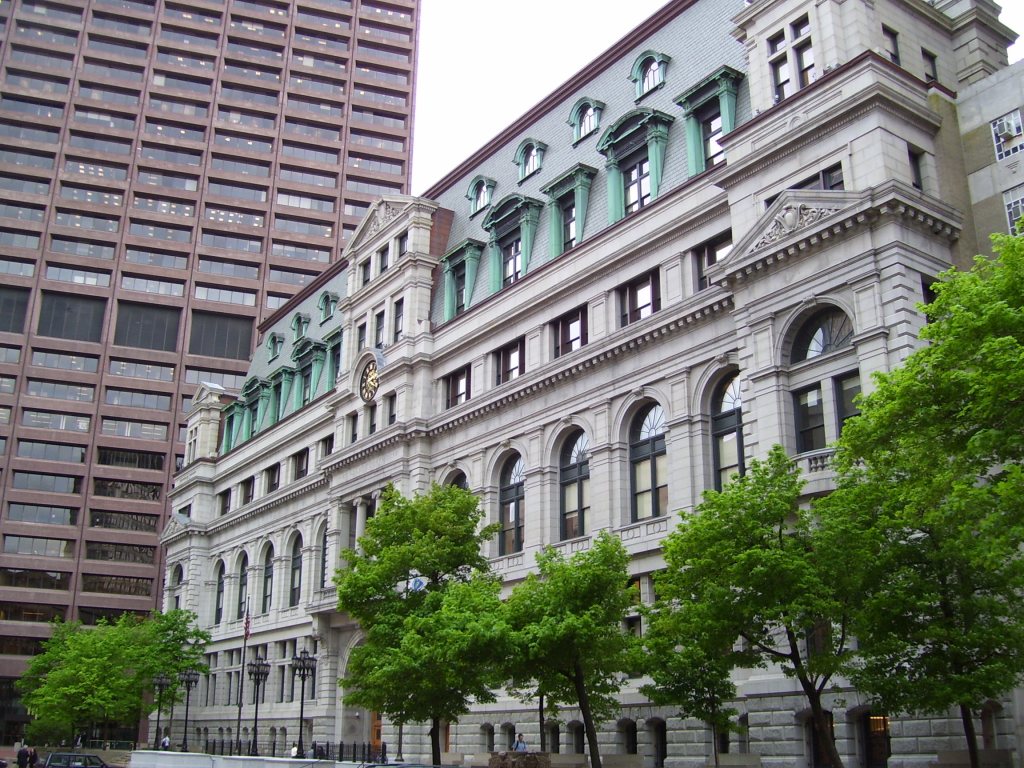
Turnover is at an all-time high for Massachusetts’ Supreme Judicial Court (SJC).
According to a recent article from Bloomberg law, the average justice, since 2010, spends just six years on the SJC bench before seeking employment elsewhere.
No other state has such a low retention rate for high-court justices.
Tenure has decreased almost continuously since 1972 when the legislature imposed a mandatory retirement age of 70 for all judges in the Commonwealth.
But other factors might also contribute to the SJC’s high turnover.
Bloomberg Law notes
It’s hard to pinpoint exactly what’s behind the drop, but local attorneys and law professors point to some combination of less linear career paths in the legal profession, heavy workload, longer life expectancy, and salaries that haven’t kept up with compensation for top private-sector lawyers.
Most justices who have left the SJC in recent years have done so to pursuant employment in the private sector or academia. Here are a few examples:
- Justice Elspeth Cypher quit the SJC this year to teach at Boston College Law School.
- Justice Robert Cordy stepped down from the SJC to resume this legal practice at a private law firm.
- Justice John Greaney left the court after hitting the mandatory retirement age and has since joined the law firm of Bulkley Richardson and Gelinas LLP.
- Justice David Lowry is leaving to work as general counsel for the University of Massachusetts.
The article noted that private-sector work is often better paid and less arduous than serving on the high court. The average SJC justices makes a minimum of $226,000 while most first-year associates at “Big Law firms in Boston” start with salaries as high as $215,000.
Bloomberg spoke with local law professors and lawyers who expressed their concern that such instability on the SJC could create uncertainty and unpredictability in the court’s rulings.
The American Bar Association suggests that the optimum average tenure for a state’s high court is 15 years. Massachusetts has not seen that kind of stability at the SJC since the 1980s.